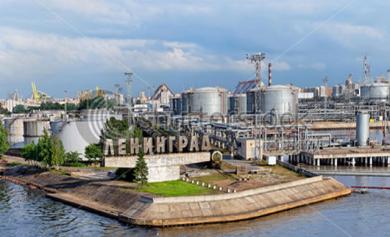
In a bid to further strengthen the implementation of the local content policy, the Nigerian Content Development and Monitoring Board (NCDMB) has issued a directive barring oil and gas operators and contractors in Nigeria from importing any oil sector equipment into the country without obtaining certification from the Board, effect from October 1, 2011.
This directive was handed down at the weekend by the executive secretary of the Board, engr. Ernest Nwapa, even as he disclosed that orders for goods with foreign equipment manufacturers cost the nation an average of $15 billion yearly.
“With effect from October 1, 2011, all operators, contractors, vendors, OEMs, suppliers and manufacturers’ representatives shall be required to present a Nigerian content equipment certificate issued by the Board for equipment, system, or packages to be supplied to the Nigerian oil and gas industry,” Nwapa said.
He maintained that the new policy was aimed at putting an end to the practice where operators placed orders with foreign-based original equipment manufacturers (OEM) with strategies that add little or no value to the nation’s economy.
He further explained that the directive was necessary in order to stimulate the structured establishment of facilities for manufacturing and assembly of equipment and systems required for oil and gas industry, including parts and components for after-sales support.
“To ensure that components and parts of equipment are manufactured locally, the Board has a target to grow the proportion of aggregate spend on procurement of equipment retained in the Nigerian economy from a minimum of 10 per cent with effect from October 2012 to 50 per cent by 2015,” Nwapa added.
He stated that the request for the certificate for new projects or supply equipment to existing facilities in the nation’s oil sector shall be made to the NCDMB Board henceforth.
The NCDMB boss said the current practice where orders are placed through the vendors’ local representatives or agents, leading to the absence of local manufacturing reduces the representatives’ scope to mere commission agents.
“This has created an unending cycle of capital flight and decline of the supply chain while stifling the investment of vendor representatives and local manufacturers who have made investments in the manufacturing sector,” he said.
“Without addressing this trend and taking deliberate steps to strengthen the local supply chain, the Nigerian content targets set out in the schedule of the Act and reasonable job creation aspirations of the federal government would not be realised,” Nwapa said.
Request for the certificate would include the following information, name of OEM, country of origin of OEM, other countries with manufacturing facilities, cost of equipment/components/parts supplied to Nigeria in the past 10 years, name of manufacturers’ representatives in Nigeria, credible plan of OEM or representative to site the manufacturing of these components in Nigeria, among others.
?

